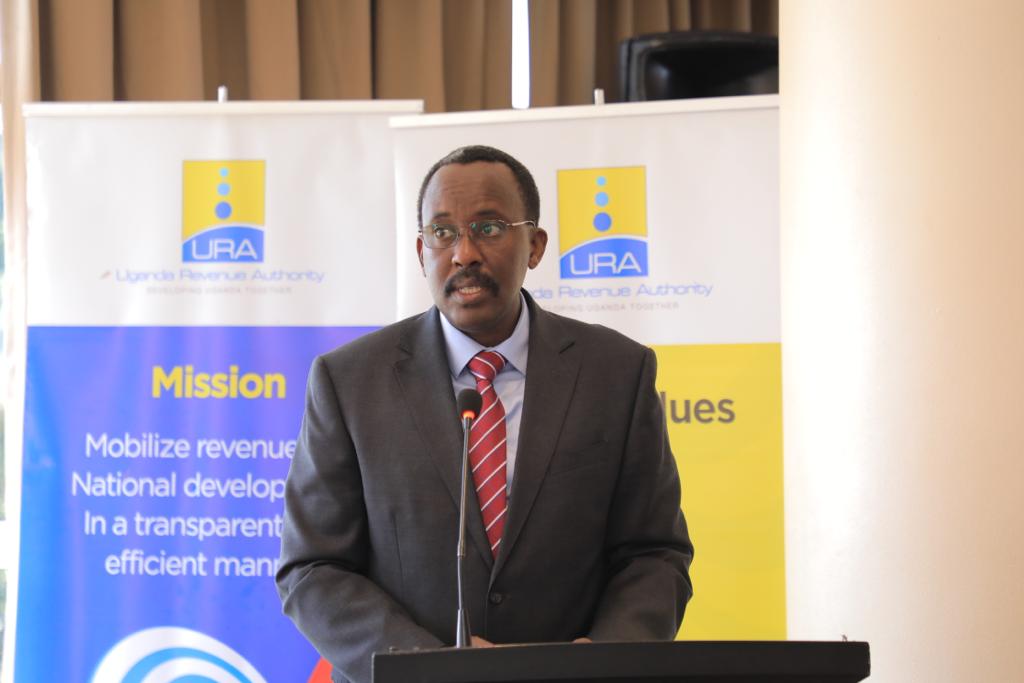In a significant move aimed at enhancing its ability to combat tax evasion and fraud, Uganda has officially launched its Peer Review on Exchange of Information.
Since 2014, the country has generated an impressive 236 requests for information, resulting in revenues amounting to Ugandan Shillings (UGX) 256 billion. This initiative not only strengthens Uganda’s tax collection efforts but also promotes voluntary compliance and early detection of tax irregularities.
The Peer Review on Exchange of Information allows Uganda to communicate and share taxpayer information with over 147 jurisdictions worldwide for tax-related purposes.
This powerful tool relies on a collaborative approach, involving multiple government agencies, to ensure the availability of reliable, accurate, and up-to-date information, both domestically and internationally. Vital components include legal and beneficial ownership data, as well as banking and accounting information.
John Rujoki, the Commissioner-General of the Uganda Revenue Authority (URA), who also serves as the end-user of the Exchange of Information system, emphasized the importance of interagency collaboration during the launch event.
He stated, “We have interest in the Peer review process because exchange of information with treaty partners serves as a key source of information on taxation of multinational corporations and cross-border investigations.”
The benefits of this initiative extend beyond increased tax revenues. They encompass improved voluntary compliance, early detection and deterrence of tax evasion and fraud, and enhanced knowledge of taxpayer operations. These outcomes are critical for Uganda’s fiscal health and its ability to attract foreign investment.
The successful launch of Uganda’s Peer Review on Exchange of Information underscores the government’s commitment to promoting transparency and combating tax evasion in an increasingly globalized economy.
As Uganda continues to strengthen its ties with international partners and enhance its information-sharing capabilities, the nation is poised to make significant strides in tax enforcement and revenue collection, ultimately benefiting its citizens and the broader economy.





















